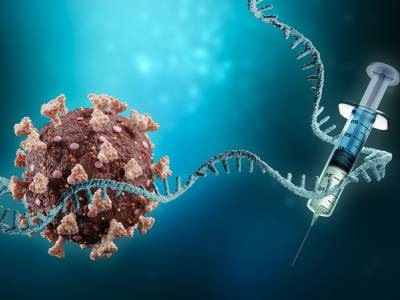
by Kerstin Pohl, Senior Global Marketing Manager, Gene Therapy & Nucleic Acid, SCIEX
Rapid approval of the Moderna and Pfizer/BioNTech vaccines against COVID-19 highlighted the benefits of established mRNA technology. Many companies, including both emerging biotech and established biopharma firms, are continuing to build on these recent successes and the past three decades of research in the mRNA field.
Most mRNA therapeutic and vaccine candidates are formulated as lipid nanoparticles (LNPs). LNPs are great delivery vehicles for mRNA active ingredients. They protect the mRNA from enzymatic degradation within the body and enhance cellular uptake. Their manufacturing process is also highly scalable.
However, a recent Moderna study revealed that impurities formed due to the oxidation of certain lipids used in the formation of LNPs can covalently bond to mRNA and disrupt its function.1 The formation of these undesirable mRNA-lipid adducts was not known prior to the recent study.
Read more on Labcompare.